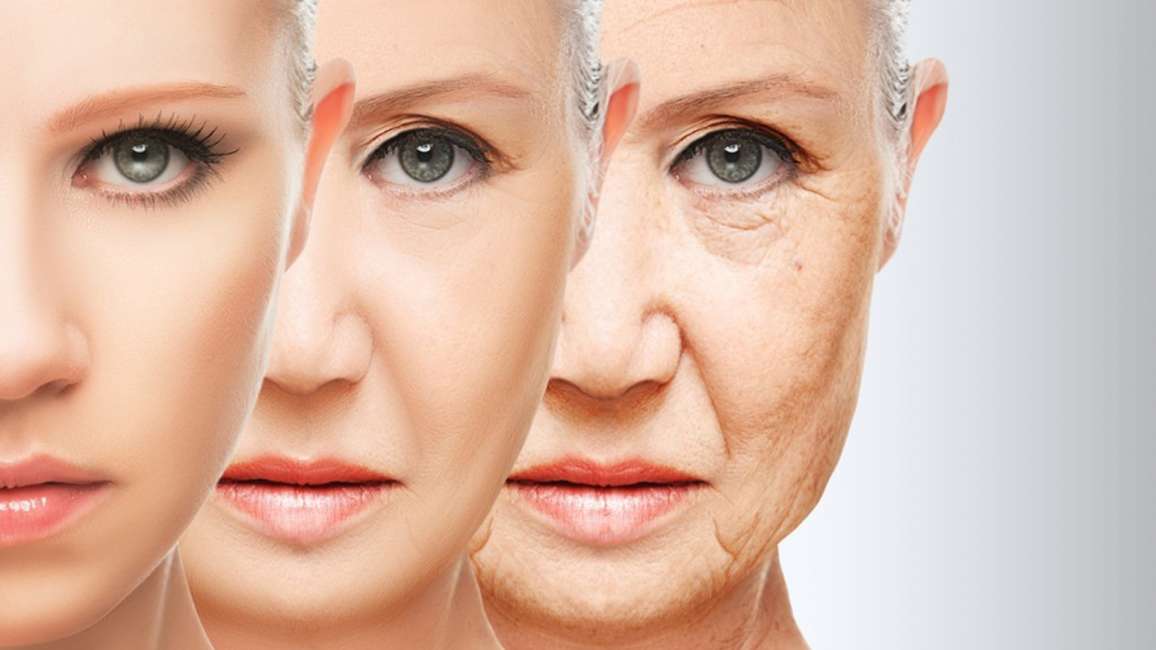For some, those 5 days a month can be annoying and painful to the point that they can't wait to enter menopause, the period in which the reduced quantity of hormones leads to the interruption of the menstrual cycle. Stop cramping, please!
But this condition brings with it a small monthly relief a long series of daily problems, from hot flashes to night sweat, through heart and bone problems, and it would be healthy to be able to understand how to delay menopause.
Today ProFam, an English fertility clinic, offers to postpone menopause for up to 20 years, with a half-hour operation.
How it works
The method is almost brutal in its simplicity. Doctors surgically remove a small piece of pre-menopausal ovarian tissue. They put this tissue in a state of cryopreservation and return it to the patient when the time of menopause approaches, generally around 45 years of age.
The tissue restarts sexual hormones that put menopause on hold. Point.
The length of the "pause" naturally depends on the age of the patient at the time of the sampling. If you are 25 years old, the break can last another 20 years. If the blood sample is taken at age 40, however, the arrival of menopause can only be postponed for another 5 years or so. If you then have the misfortune (in rare cases it happens) to have menopause at 20, then the problem is of a different nature and must be addressed elsewhere, it is not a question of postponing menopause.
ProFam based in Birmingham, the only clinic that carries out this procedure to delay menopause, it is one of the most advanced structures on in vitro fertilization. The treatment (withdrawal and reintegration) costs from 8000 to 13000 euros approximately.
Currently 9 people in the world have undergone treatment that delays this condition. For all a more than satisfactory report.
It's not just about slowing menopause or delaying menopause (and maintaining a good general state of health, which makes it a procedure longevity): treatment can open the possibility of having children even at a much older age.
But I know people who would convince themselves to undergo treatment to delay menopause if only to avoid hot flashes.

Source: The Guardian


